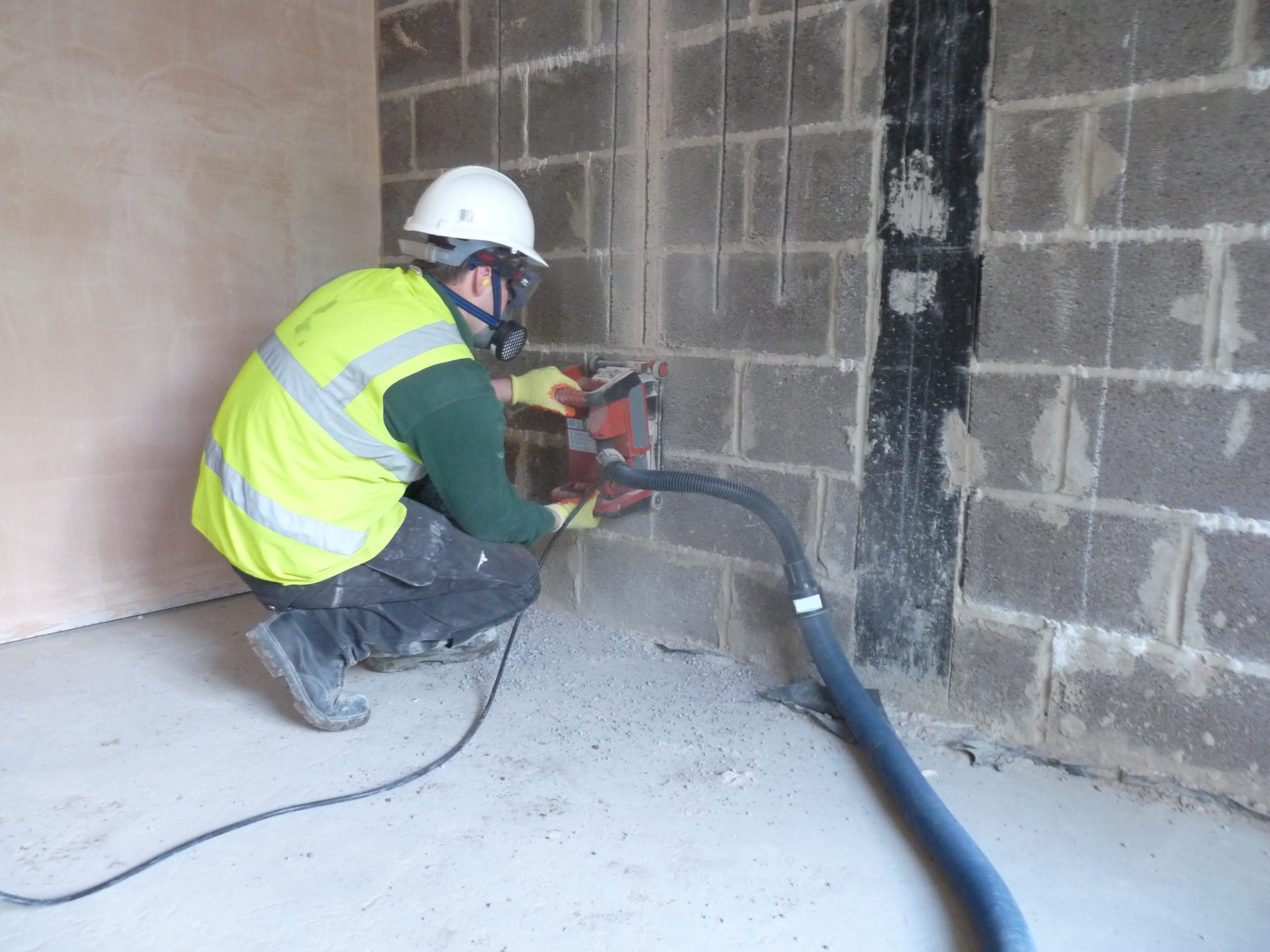Returning to Work
New Hazard of the Month Our Hazard of the Month is focusing on Returning to Work as many of us may now be back in the office and on-site. Apart from just remembering what it is like to not be in your pyjamas all day, there are a number of considerations to be aware of to make […]









